Summary
The area boasts a variety of fish species such as rainbow trout, brook trout, cutthroat trout, and mountain whitefish. These species can be caught using various techniques like fly fishing, spin fishing, or baitcasting.
Aside from fishing, visitors can also engage in other activities like hiking, camping, and wildlife viewing. The nearby Yellowstone National Park is a must-visit attraction for nature lovers.
Fishing tips for Emerald Lake Fishing Access include using small lures and baits for the trout species, and fishing in the early morning or late evening when the fish are most active. The area also has strict catch-and-release regulations for the trout species, so anglers should be mindful of their fishing practices.
The best time of year to visit Emerald Lake Fishing Access is from late spring to early fall (May to September), with the average temperature ranging from 50°F to 80°F. During this time, the weather conditions are favorable for fishing, and the surrounding scenery is at its best.
Overall, Emerald Lake Fishing Access is a great destination for anglers and outdoor enthusiasts looking for a peaceful and picturesque fishing spot in Montana.
°F
°F
mph
Wind
%
Humidity
15-Day Weather Outlook
5-Day Hourly Forecast Detail
Nearby Streamflow Levels
Angling Safety Guidelines
Check local fishing rules, seasons, size limits, and license requirements to ensure legal and sustainable angling.
Handle Fish Responsibly
Use wet hands, minimize air exposure, and release fish gently to improve survival rates when practicing catch-and-release.
Choose the Right Gear
Match your rod, line, and tackle to the species and conditions to increase success and reduce unnecessary harm to fish.
Respect the Waterway
Avoid disturbing habitat, prevent bank erosion, and keep a safe distance from spawning areas to protect ecosystems.
Keep It Clean
Pack out all line, hooks, bait containers, and trash—discarded gear can injure wildlife and degrade waterways.
Related Links
Area Campgrounds
| Location | Reservations | Toilets |
|---|---|---|
 Emerald Lake Campground
Emerald Lake Campground
|
||
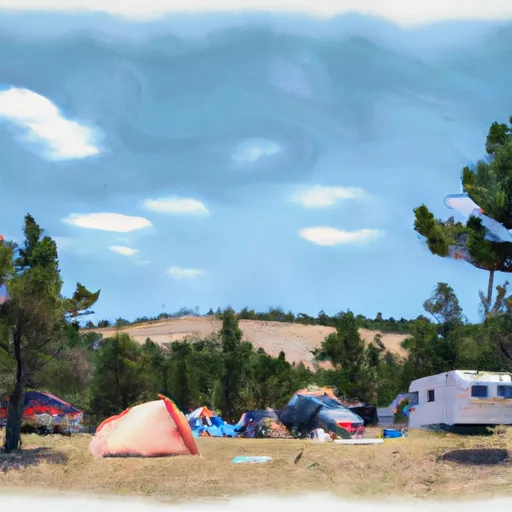 Jimmy Joe Campground
Jimmy Joe Campground
|
||
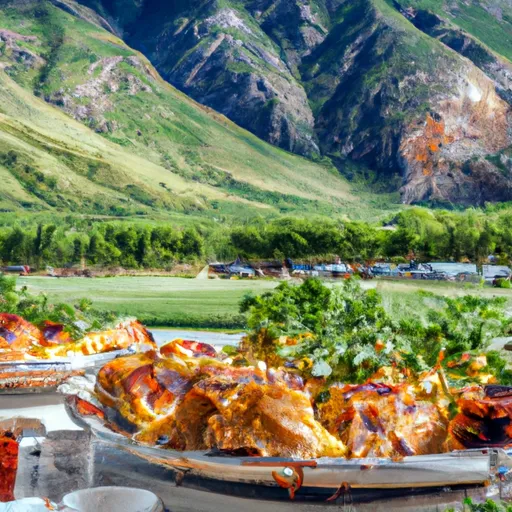 East Rosebud Campground
East Rosebud Campground
|
||
 Woodbine Campground
Woodbine Campground
|
||
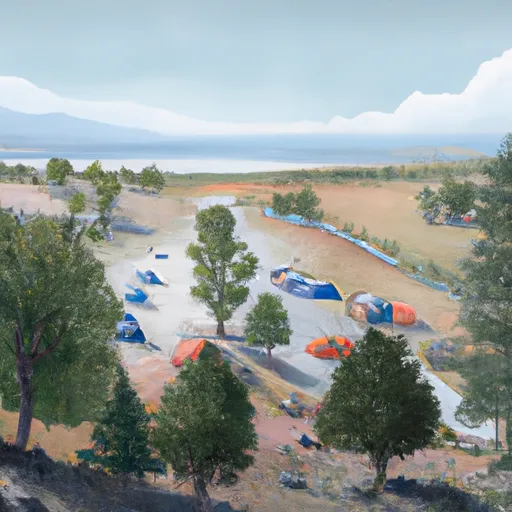 Woodbine
Woodbine
|

 West Rosebud Lake Fishing Access
West Rosebud Lake Fishing Access
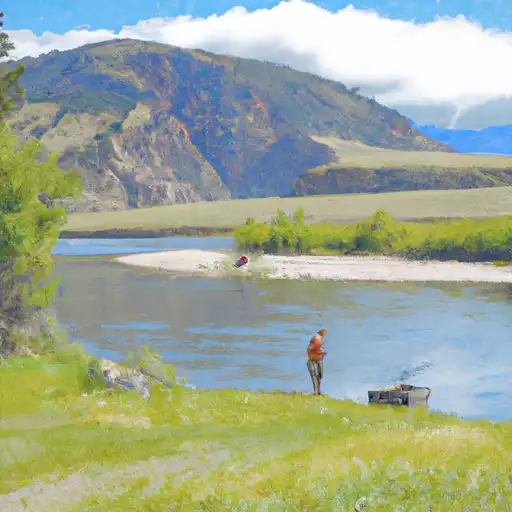 East Rosebud Creek
East Rosebud Creek
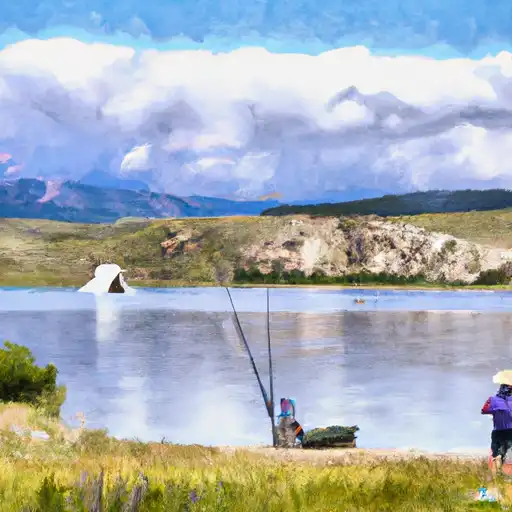 Arch Lake
Arch Lake
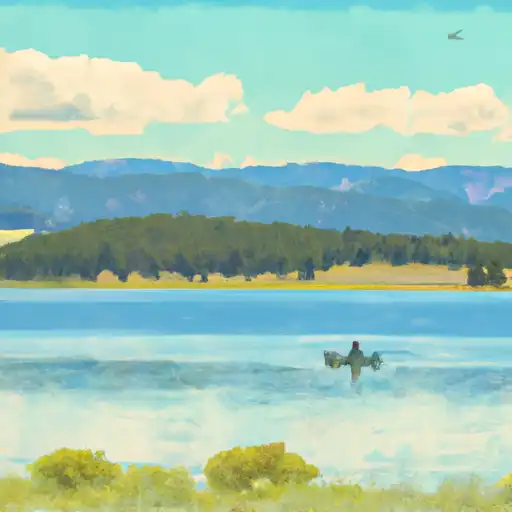 Chrome Lake
Chrome Lake
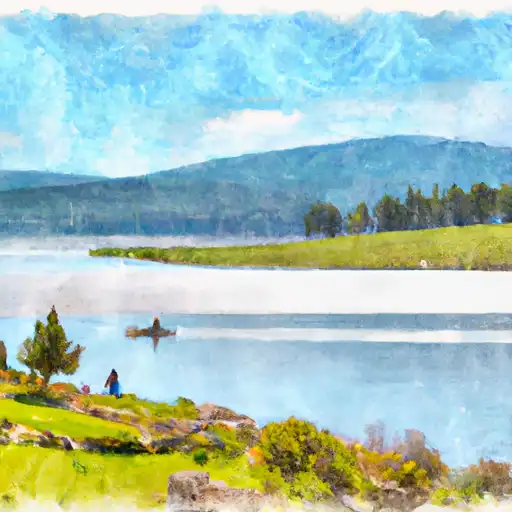 Dude Lake
Dude Lake
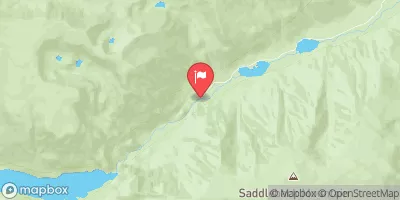
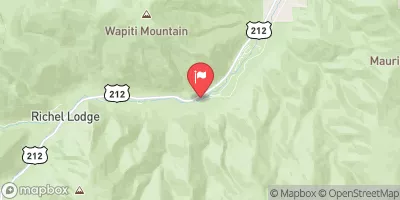
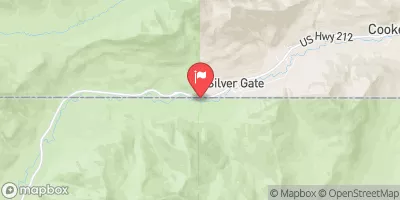

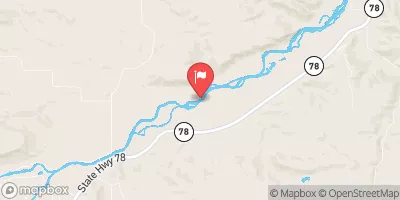

 Re-Regulating
Re-Regulating